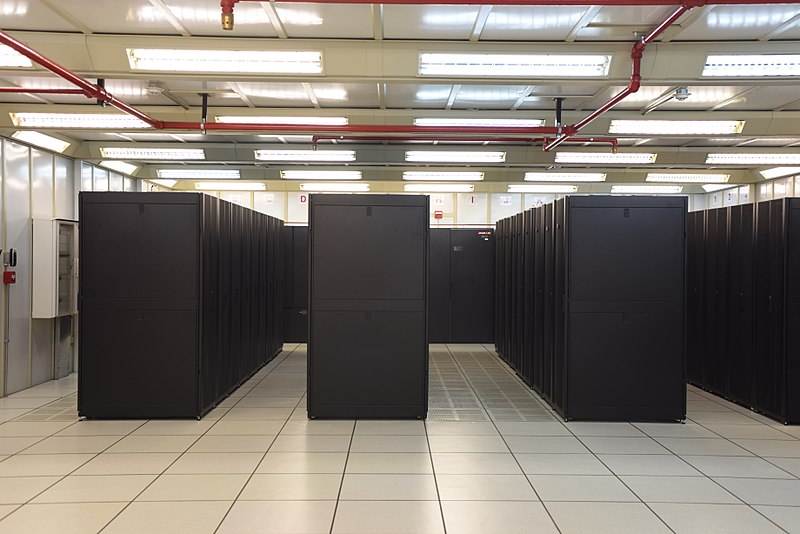
Data center container types and uses
Data Center Container Types and Uses
Standard containers
Standard sizes of ISO shipping containers such as the 20-foot or 40-foot options are commonly used by organizations seeking a temporary or mobile data center solution for situations like disaster recovery or short-term capacity expansion.
Modular containers
Customizable modular containers are constructed to cater to individual needs, such as regulating power and cooling capacity ensuring security measures and controlling the environment. They have a vast range of uses spanning from edge computing to cloud computing and high-performance computing.
Open computer project (OCP) containers
OCP containers are designed according to the Open Compute Project an open source hardware initiative that aims to develop energy-efficient, scalable and cost-effective data center solutions. OCP containers are ideal for organizations that require a high-density computing solution such as social media companies and research institutions.
Compared to conventional data centers, data center containers offer several advantages. Being portable, modular and scalable makes them an ideal option for organizations that require swift deployment of data center capacity. In addition, they consume less energy than traditional counterparts by utilizing free air cooling and other eco-friendly technologies.
To sum up, the utilization of data center containers presents a versatile and expandable option to cater for the rising demand in storing and handling data. The selection from an array of container types allows organizations to pick what suits their needs best. With persistent growth in data consumption it is highly probable that data center containers will play a crucial role in fulfilling modern business requirements.

